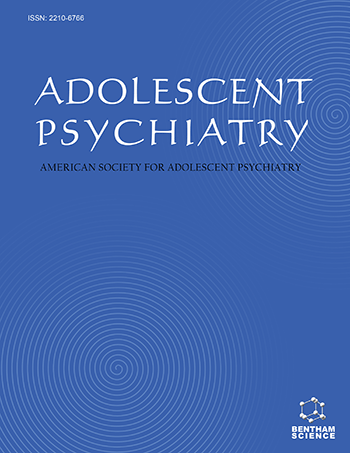Abstract
Objective: Few studies conceptualize the adolescent’s perceptions of what is helpful in gaining a positive therapeutic relationship. The aim of this study is to present a subjective understanding of what adolescent participants experience as helpful in engaging them in psychotherapy and forming a positive therapeutic relationship.
Method: Through the use of a semi-structured interview, 42 adolescents who were in psychotherapy described the factors that they felt promoted a therapeutic relationship. The interviews explored three major themes: motivation to attend psychotherapy, initial fears in attending therapy, and what qualities and experiences in therapy helped enhance the relationship.
Results: Adolescents report a unique set of fears about psychotherapy that are tied into their developmental issues. If these fears are addressed, the majority were motivated to seek out psychotherapy. Subjects also reported specific variables of the therapist and the therapy that enhanced the therapeutic relationship: an egalitarian and non-judgmental stance, empathy, being heard and listened to, receiving help with problem solving, feeling safe, expressing affect and the experience of feeling special.
Conclusion: The study shows that adolescents’ motivation, fears, and ability to form a positive relationship rest on whether the therapist is attuned to and responsive to their developmental needs. Implications for treatment and strengthening of the therapeutic relationship are discussed.
Keywords: Adolescents, psychotherapy, therapeutic relationship, therapeutic alliance, therapeutic practice.



























